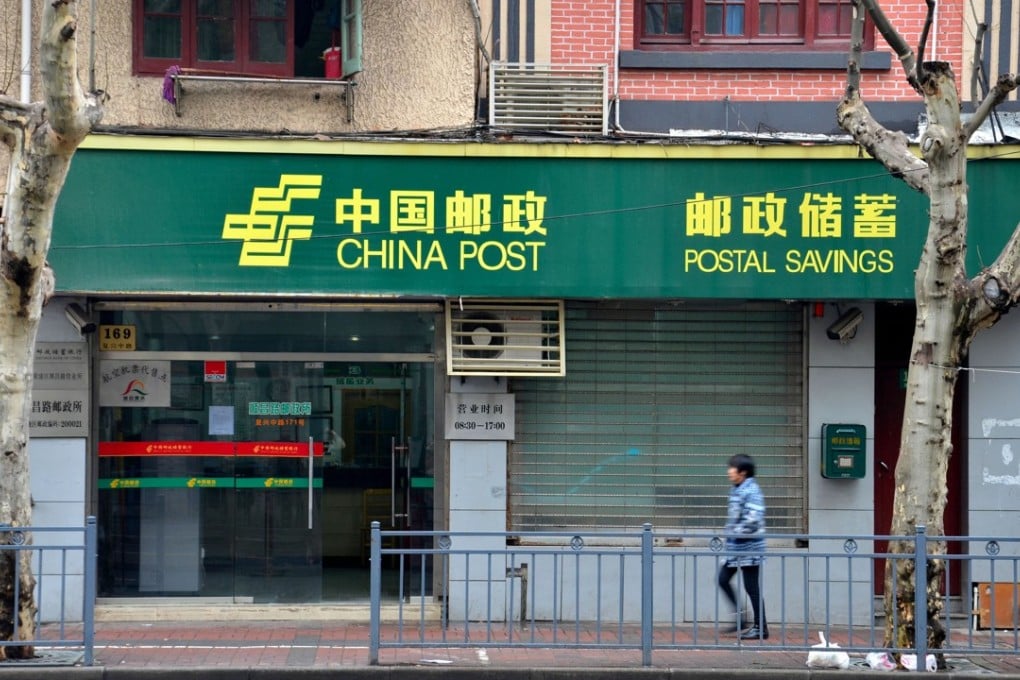Small China e-commerce firms to be hit hard by US withdrawal from Universal Postal Union
Washington says global rates set for certain developing countries give them an unfair trading advantage – which is bad news for China’s small e-commerce companies

Small Chinese e-commerce businesses will suffer most from the US decision to withdraw from the international arrangement that sets global postal rates, with some likely to struggle to survive, company representatives said.
The effect on larger e-commerce companies, however, may be limited because many have developed their own logistical networks to deliver products to customers.
The White House announced on Wednesday that the US would start the year-long process of quitting the 144-year-old Universal Postal Union (UPU), opening a new front in the escalating trade conflict between Washington and Beijing.

The US claims the global rates set by the UPU for certain developing countries like China gives them an unfair trading advantage. For instance, it costs about US$20 to mail a 2kg (4.4lb) parcel from one US state to another, but mailing the same package from China costs only US$5.
The US direct mail business of Chinese sellers will be greatly affected
If the Trump administration eventually ditches the United Nations-run organisation and sets its own “self-declared” postal rates, small packages sent from China to the US through the postal system would face much higher rates, adding significant costs to small Chinese cross-border firms selling products on US e-commerce platforms like Amazon and eBay.